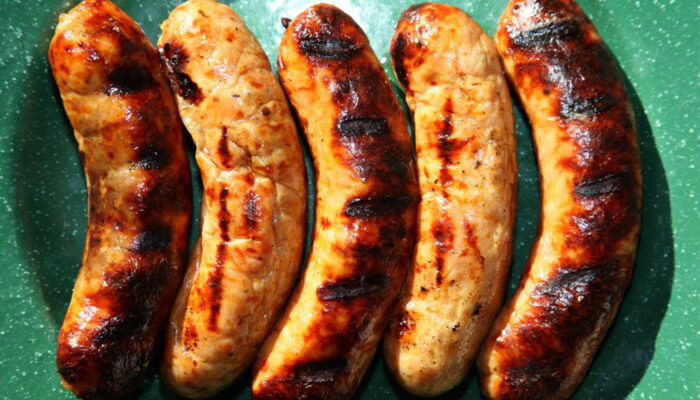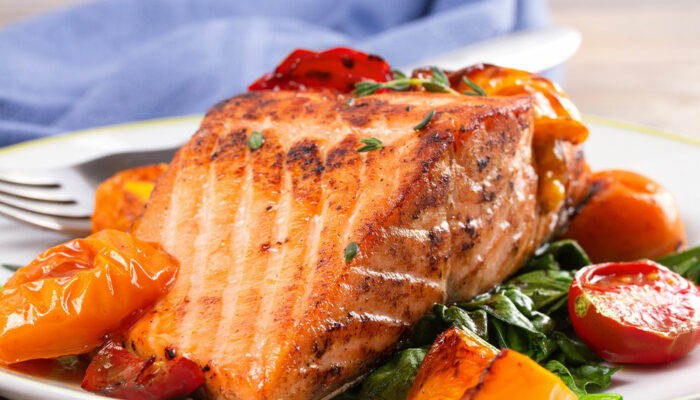
Diet Tips to Manage COPD
Eating right can help keep many illnesses at bay, and chronic obstructive pulmonary disease (COPD) is no exception. The right foods can improve the strength of your lungs and make breathing easier. You could consult with your doctor or a registered dietician, inform them of your daily schedule, your exercise routine, and what other comorbid illnesses you suffer. Then, discuss with them and formulate a diet plan. In the mean time, here are four diet tips that can help manage COPD.
Complex Carbohydrates Are Great
Metabolizing carbohydrates involves giving out more carbon-di-oxide for the amount of oxygen used by your body. For people with COPD, it is best not to strain the lungs further. So reducing the consumption of carbohydrates is ideal. However, this is not an easy decision to make.
Simple carbs spike blood sugar levels erratically and make COPD symptoms worse. Complex carbohydrate-rich foods, on the other hand, move through the digestive system slowly. It ensures you receive a steady dose of energy, and the high fiber content in these protect the large intestine. Also, complex carbohydrates do not add to unnecessary weight gain.
Because it is fundamental that you not weigh too low or be overweight when you have COPD, complex carbohydrates might be the ideal source of energy. Since normal breathing is itself a more strenuous task for people suffering from COPD, the consistent energy release makes breathing easy.
While these carbohydrates are good for COPD patients, avoiding white sugar and all products that contain sugar like cakes, candies, carbonated drinks, cookies, and icecreams must be removed from your diet.
Consume More Proteins and Healthy Fats
Protein is essential for strengthening respiratory muscles that work extra hard in people suffering from COPD. It helps in maintaining a balance in nitrogen levels and helps prevent muscle wasting in COPD patients.
Similarly, many research studies show significant improvement in lung functioning when patients consume a high fat (and low carbohydrate) diet. Healthy fats from Omega-3 rich sources have an anti-inflammatory effect and are beneficial for COPD.
Eggs, avocado, fatty cold-water fish like salmon, sardine, and tuna, olive and olive oil, walnuts, flax seeds, chia seeds, and cruciferous vegetables like cauliflower and broccoli are excellent sources of healthy fats.
Raise your Gluid Intake
Breathing difficulties experienced by people with COPD can lead to dryness of the respiratory tract. It could lead to dehydration. Hence it is imperative to consume plenty of fluids.
Water is the best liquid to perform this task. If drinking plain water is not enticing enough, adding fresh mint leaves, cucumber slices, lemon loops, or pieces of grapefruit to enhance its flavor.
Choose Vitamin- and Mineral-rich Foods
The positive relation between intake of Vitamin D-rich-foods and supplements and better management of COPD symptoms is well-established. Vitamin D helps strengthen bones and muscle function, and improves immune health. Also, it plays an essential role in the efficient working of the lungs and cardiovascular health. Increasing the intake of Vitamins C and E reduces the possibility of COPD symptoms in people with a high risk.



